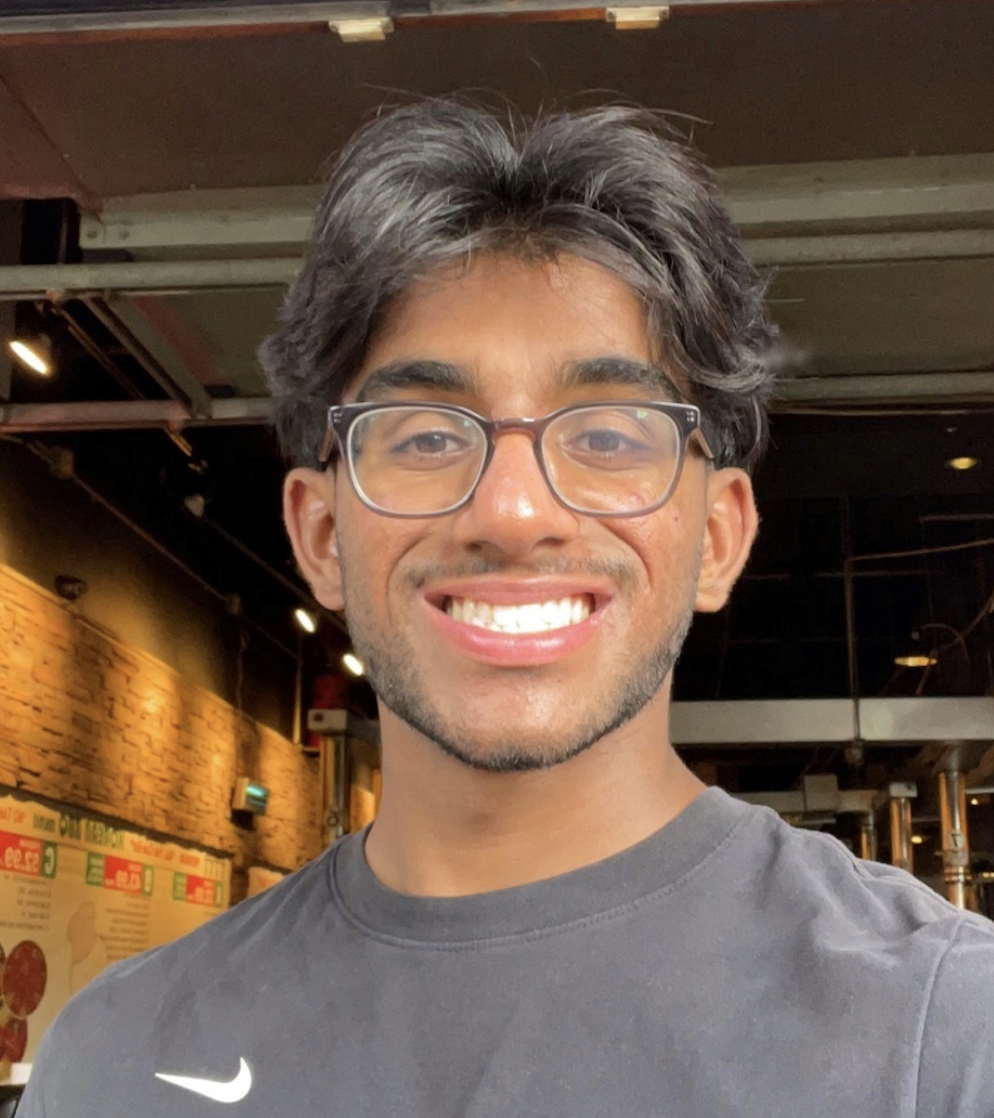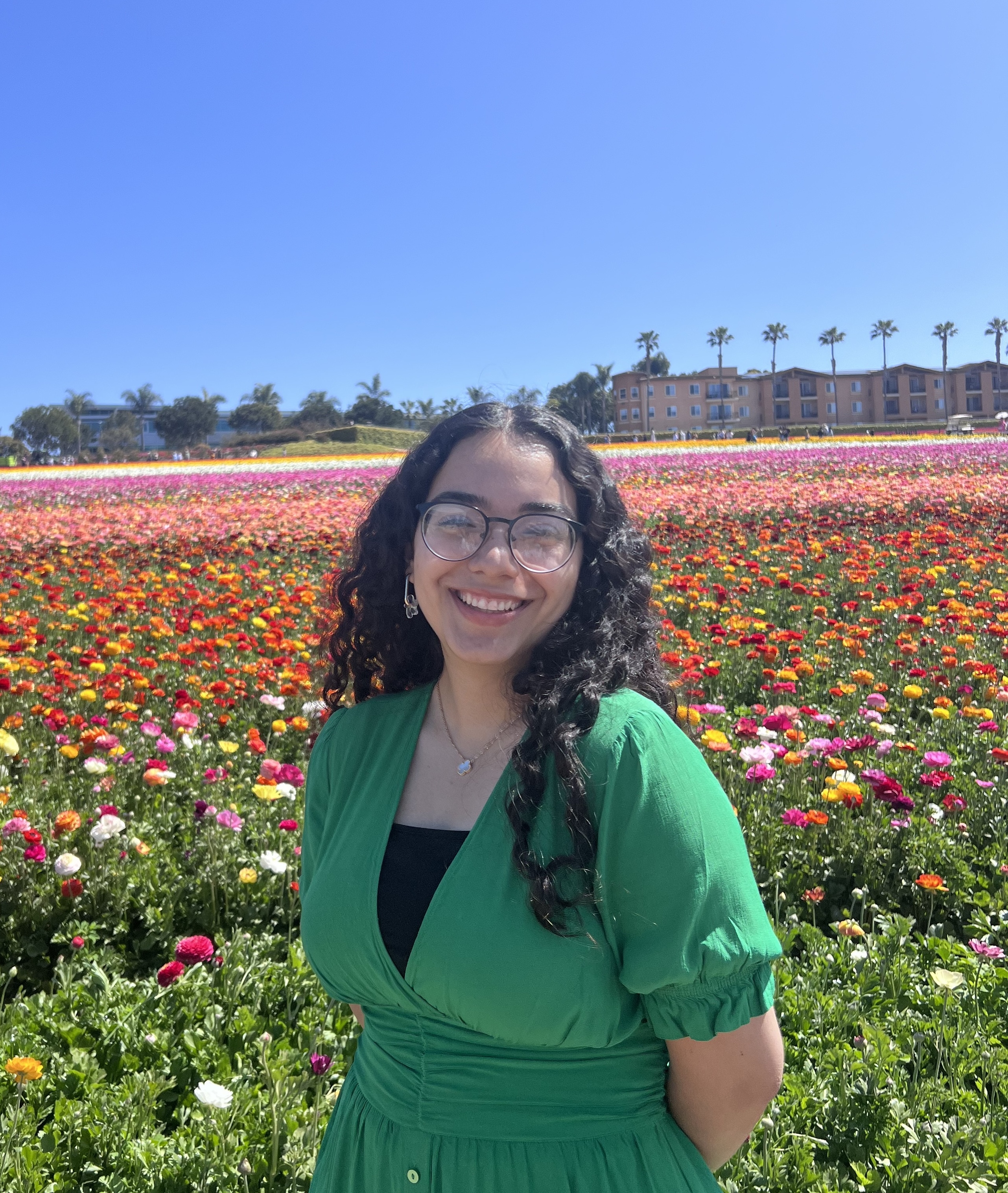Tutor Apprenticeship in Data Science 🧑🏫
DSC 95, Fall 2025 at UC San Diego
Class: Mondays, 11-11:50AM, York Hall 4080A
Table of contents
Schedule
The schedule below will be updated throughout the quarter.
About
DSC 95 is a 2-unit, P/NP discussion-based course that is required of all first-time DSC tutors. The course is designed to guide new DSC tutors through their first quarter as a tutor. The specific topics we will cover are in the Schedule above.
Note that the class is not lecture based. We tell our students that the best way to learn concepts in data science is by doing data science, whether that’s actually writing pandas code or practicing runtime analysis problems. Likewise, the best way to learn how to teach data science is to actually teach data science, which you will get practice with in office hours and on your class’ discussion board. DSC 95 provides you with a forum to reflect on your teaching with a group of students who are also at the start of their teaching journeys.
There is exactly one goal in this class, and that is to get you to think very carefully about your teaching, to consider different scenarios that might arise (and how to deal with them), and to get you to genuinely enjoy teaching! (Okay, that was actually three goals, but they’re basically the same thing in my mind.) - Victor Huang, CS 375 @ Berkeley
We will communicate with each other through Slack. Reach out to the instructor if you need an invitation.
People

Instructor
Marina Langloisshe/her
Classes taught: DSC 10, 20, 30, 40B, 95, 96, 190

Tutor
Anish Kasamhe/him
Hi, my name is Anish, and I’m a fourth year data science and math-cs major.
I’m originally from the Bay Area (Dublin). In my free time, I like to lift, hoop, and watch documentaries

Tutor
Norah Kerendianshe/her
Hi everyone! My name is Norah, and I’m originally from Los Angeles. I’m a fourth-year DSC major with minors in Math and Economics.
In my free time, I love to read, explore new cities, and cook (recommendations welcome)!

Tutor
Kate Zhoushe/her
Hi, I am Kate Zhou, a fourth-year student majoring in Data Science and Math-Applied Science.
I am originally from ShenZhen, China, and have moved to Orange County, CA.

Tutor
Monica Daishe/her
Hello! My name is Monica Dai, and I’m a senior majoring in Data Science.
I grew up in San Jose and Shanghai, and I like to crochet and watch anime.

Tutor
Yulin Chenhe/him
Hi everyone! I am Yulin Chen. I am a fourth-year Data Science and Math-CS major student.
During my free time, I like to play badminton and League of Legends!
Requirements
DSC 95 is graded P/NP. There are three things you need to do to pass:
- Attend and participate in all DSC 95 class sessions (Mondays at 11AM in York Hall 4080A).
- This is a discussion-based class, so attendance and participation are mandatory. (How can you expect your students to be engaged if you’re not? 😉)
- If you need to miss a DSC 95 class session for any reason (e.g. if you’re sick or have a conflicting exam), let the instructor know in advance on Slack. - You can miss at most one class session and still pass.
- Complete weekly readings and homework assignments, usually due on Fridays at 11:59PM.
- Each week, we will provide you with readings and tasks to complete that should help you reflect on your time as a tutor so far. These will all be posted in the above Schedule.
- Responses are graded on a 0-1-2 scale:
- 0: Not submitted.
- 1: Lack of effort.
- 2: Thoughtful and complete.
- Since the readings and homeworks are short (~1 hour per week), there are no slip days or extensions. We need your responses in on time so that we can plan the next class session.
- You can miss at most one weekly assignment and still pass.
- Complete a satisfactory Final Assignment.
- The Final Assignment will involve reflection on your quarter as a tutor.
- More details to come.
Academic Integrity
You are expected to adhere to the UC San Diego Integrity of Scholarship Policy. This means that you will complete your work for DSC 95 honestly, with integrity, and also support an environment of integrity within the class you are tutoring. Some examples of specific ways this policy applies to DSC 95 include:
- Honesty about attendance in class (including punctuality and illness).
- Completion of assignments individually and on-time.
- Encouraging honest work among the students in the class for which you are tutoring.
- Reporting suspected instances of academic dishonesty in this class, as well as in the class you are tutoring.
As tutors, you are role models for students. Teach and show them how to act with integrity!
Useful Information
Here’s an assortment of information that will be useful the first time you tutor.
Payment
To get paid for your tutoring hours, submit your hours biweekly into Ecotime.
- Resources for using Ecotime can be found here; a quick guide (that is also linked on this site) can be found here.
- Instructions for setting up Direct Deposit can be found here. Note that you must set up your UC Path account to access the Direct Deposit page. Follow this guide for accessing UC Path for the first time.
- The payroll calendar can be found here; it describes when timesheets are due and when you’ll be paid.
Outside Tutoring
As a tutor, you are not permitted to approach students to offer services of any kind in exchange for pay, including tutoring services. This is considered solicitation for business and is strictly prohibited by University policy.
On a related note, as a tutor, you should only help students in your course through official channels (e.g. office hours or Ed). You may be friends with some of your students and have them on social media, but they should not message you on social media with questions about the course. All students should have equal access to course staff – your friends shouldn’t have an unfair advantage just because you happen to be a tutor.
Acknowledgements
The content of DSC 95 has evolved over the years, thanks to the contributions of many individuals. Special recognition goes to:
- Suraj Rampure and Janine Tiefenbruck, who made significant improvements to the course.
- Christine Alvarado and Mia Minnes (CSE Department), who originally developed content through CSE 95.
We extend our gratitude to all those who have played a role in shaping this course into what it is today.